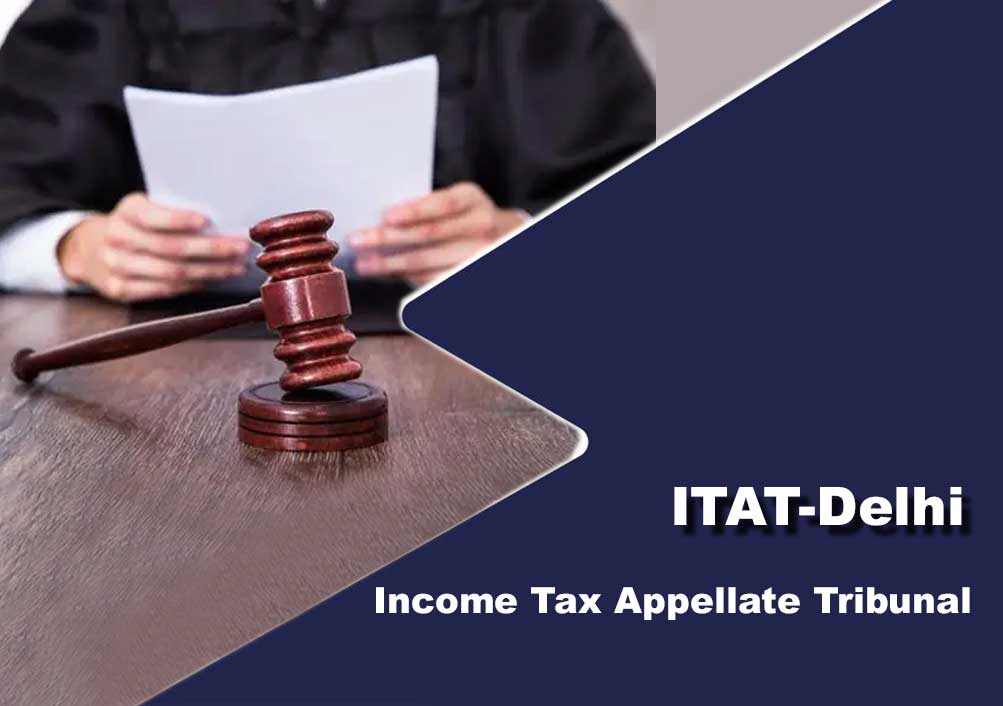In ITA No. 373/Del/2023 -ITAT- ITAT (Delhi) rules in favour of HireRight Ltd; holds income from background screening & investigation services to client in India not classified as ‘Royalty’ or ‘FTS’ under India-UK DTAA
Members G.S. Pannu (President) & Astha Chandra (Judicial) [06-09-2023]

Read Order: HireRight Ltd v. ACIT, Circle 2(1)(1), International Taxation, New Delhi
Chahat Varma
New Delhi, September 22, 2023: The Delhi bench of the Income Tax Appellate Tribunal has ruled that the income received by HireRight Ltd. (assessee), from providing background screening and investigation services to clients in India, was not ‘royalty’ or ‘fees for technical services’ (FTS) under the India-UK Double Taxation Avoidance Agreement (DTAA).
In the matter at hand, the assessee, a foreign company based in the UK, specialized in providing human resource background screening services, such as pre-employment background screening, employment verification, education verification, and investigative due diligence services. Notably, the assessee did not have a permanent establishment in India. However, a tax issue had arisen when the assessee offered these services to clients in India and received amounts, Rs. 12,54,69,976 and Rs. 8,51,94,915 in the respective assessment years, which it did not declare for tax purposes in India. The Assessing Officer (AO) contended that the information provided by the assessee to clients, delivered through both physical and online means, had conferred certain rights and control over the information to the assessee. As a result, the AO argued that this income should be categorized as royalty and FTS under Article 13 of the India-UK DTAA and, consequently, was subject to taxation in India.
The two-member bench of G.S. Pannu (President) and Astha Chandra (Judicial) observed that the role of the assessee had been restricted to the verification of information related to various candidates proposed for employment by its clients. The source of this information used for verification could be publicly available or gathered through telephonic inquiries with the candidates' previous employers or, in some cases, obtained from court and public authorities' records. The generated reports were then delivered to clients through physical means and/or online access. Importantly, the assessee did not provide advice, analysis, or recommendations regarding the hiring of employees to its clients and did not bear any responsibility for the hiring decisions made by clients based on the assessee's reports. Furthermore, the information collected by the assessee was not protected by any copyright, and its distribution was regulated under UK and other relevant local laws.
Therefore, the bench was of the view that what the assessee provided to its clients in India was essentially a report summarizing its findings from the background checks it conducted. These findings primarily consisted of factual data and did not inherently qualify as literary, artistic, or any other form of copyrightable work. Such a report could not be subject to copyright protection as it did not meet the criteria specified in section 13(1)(a) of the Indian Copyright Act, 1957.
The bench also made it clear that income generated from the services provided by the assessee could not be categorized as royalty, specifically for the use of copyright in the report. This was because the client's rights were limited to using the report's findings for internal purposes only. The client did not possess any rights to publicly display, sell, distribute, copy, edit, modify, or engage in any other form of commercial exploitation of the report. Therefore, it was evident that the compensation received by the assessee, as per its agreement with the client, was solely in exchange for providing background screening services and did not encompass any payment for the use or the right to use any copyright or any form of literary, artistic, or scientific work, patent, trademark, design, model, plan, secret formula, process, or information.
The bench also took note of the fact that when the assessee issued reports to its clients, it did not impart any information related to industrial, commercial, or scientific experience.
Regarding the characterization of the disputed receipts as FTS, the bench opined that the services provided by the assessee did not entail the use of technical skills, knowledge, consultancy, or the provision of technical knowledge, experience, skill, know-how, or processes to the clients. The role of the assessee was limited to validation of data provided by the candidate and provide relevant facts captured during the course of validation. The clients made an independent decision to hire the candidate.
Consequently, the Tribunal decided the issues in favour of the assessee.
Sign up for our weekly newsletter to stay up to date on our product, events featured blog, special offer and all of the exciting things that take place here at Legitquest.




Add a Comment